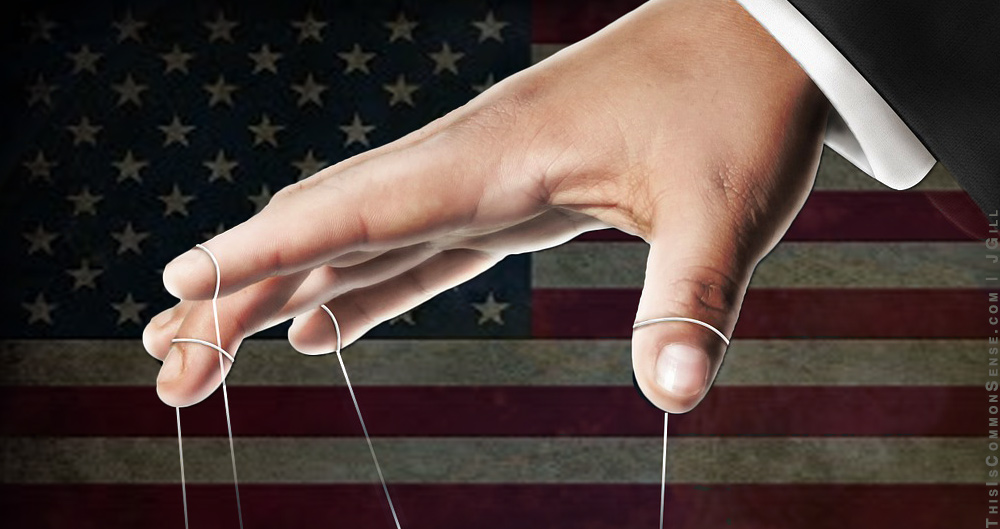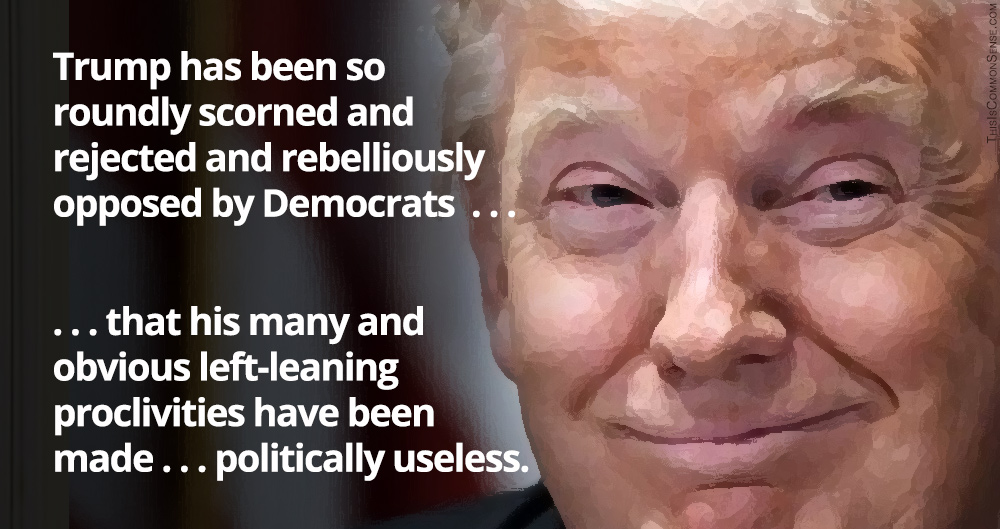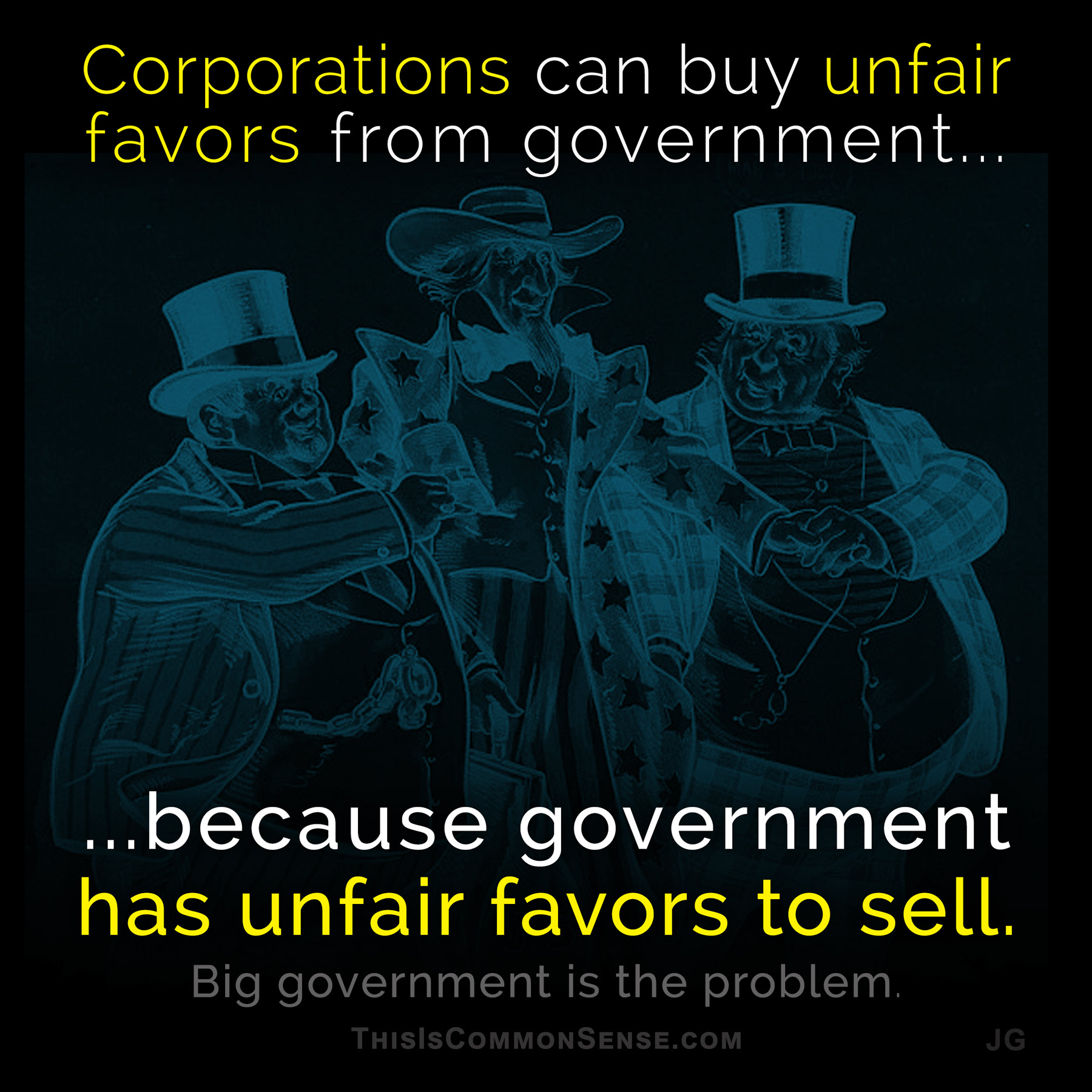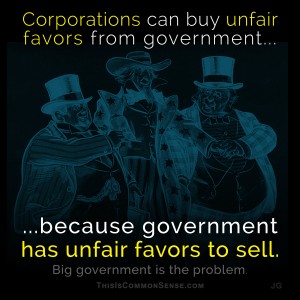Is American foreign policy so foreign to our values that even those who have served at the very pinnacle of national intelligence agencies have trouble telling the truth?
“Have we ever tried to meddle in other countries’ elections?” Laura Ingraham, host of Fox News’ The Ingraham Angle, asked James Woolsey, director of the Central Intelligence Agency (CIA) from 1993 to 1995.
“Oh, probably,” Mr. Woolsey replied. “But, uh, it was for the good of the system, in order to avoid communists from taking over. For example, in Europe in ’47-’48-’49, the Greeks and the Italians, we, the CIA—”
“We don’t do that now, though?” Ingraham interjected. “We don’t mess around in other people’s elections, Jim?”
“Well . . . urrrrr, yum, yum, yum, um, um,” the old spymaster offered to laughter from both Ingraham and her studio cameramen. “Only for a very good cause,” he added with a sly grin, “and the interests of democracy.”
Interests. Of. Democracy.
Ha. Ha ha. Laughing yet?
Foreign Policy tells us that documents declassified in 2017 “shed light on the Central Intelligence Agency’s central role in the 1953 coup that brought down [elected] Iranian Prime Minister Muhammad Mossadegh . . . poisoning U.S.-Iran relations into the 21st century.”
Need more? There’s a handy database that lists undemocratic and illegal* shenanigans going on and on through the ’60s, ’70s, ’80s, up through President Obama to today.
“This broader history of election meddling has largely been missing from the flood of reporting on the Russian intervention . . .” noted the New York Times last December.
Of course, our government’s interference doesn’t justify Russian government interference. But, we can only (possibly) control our politicians.
This is Common Sense. I’m Paul Jacob.
* “Meddling in other’s elections is a violation of international law,” Steve Baldwin writes in The American Spectator. “More importantly, U.S. law prohibits the use of tax dollars to influence foreign elections.”











